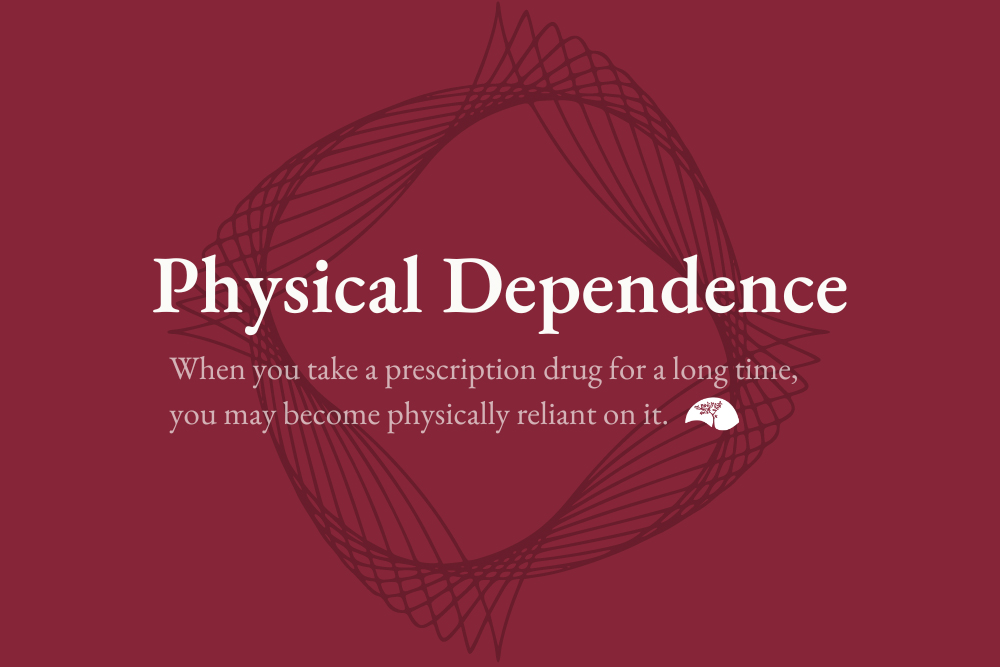The United States’ widespread prescription drug epidemic leads to thousands of accidental overdoses and deaths every year. One reason for this pervasive public health problem is that many people assume the doctor-prescribed medications they use to manage conditions like anxiety and chronic pain are always safe to use.
Unfortunately, it’s easy to develop a physical dependence on these drugs because of the sensations they create in the brain. For example, prescription stimulants and opioids can cause euphoria, while benzodiazepines have a calming effect. When you rely on a prescription medication for a long time, you may become dependent.
What Is Physical Dependence?
Your brain has a built-in pleasure and reward center that releases feel-good neurotransmitters like dopamine when you do enjoyable things like eating or playing with your pet. Once you form a mental association between doing a specific activity and feeling good, merely anticipating the hobby may be enough to elevate dopamine levels.
Because your brain is so readily adaptable, long-term prescription drug use changes your thoughts, behaviors and what makes you happy. Gradually, these medications disrupt your natural cycle of motivation, reward and reinforcement to a point that you no longer feel like yourself when you aren’t using them. In other words, your brain depends on prescription drugs to maintain its equilibrium, instead of using your hardwired gratification mechanisms.
Once you have developed a physical dependence, you’ll experience various withdrawal symptoms when you try to quit using drugs. These can range from mild irritability, fatigue, body aches and shakiness to dangerous, potentially life-threatening issues like seizures.
Has Your Prescription Drug Use Become Unmanageable?
If you are increasingly relying on your prescription medications to cope with life’s challenges, hiding your drug supply, lying about how much you use or routinely missing work and other responsibilities because you are too impaired, these are all hallmarks of an out-of-control drug habit.
The compulsion to continue taking drugs despite the mounting problems substance abuse is causing in your personal and professional life is a sign that your dependence has progressed into an addiction. If you notice even one of these warning signs in yourself or someone you care about, you need to seek help from medical professionals to break the cycle.
ASAM Level 4 Medical Detox
Because of the way drugs like opioids and benzodiazepines alter your brain’s reward pathways, it can be challenging and dangerous to try to stop using them without qualified, supervised medical detoxification. That’s because habitually using addictive prescription drugs leads to physical dependence. The resulting withdrawal symptoms aren’t merely unpleasant – for many people who attempt to quit cold turkey, they represent a serious health risk.
Detoxing from your prescription medications is the first step in a drug rehabilitation program that can help you or a loved one regain control and develop healthy habits before it’s too late. At Hemet Valley Recovery Center and Sage Retreat, our professional treatment team provides the highest level of care to patients undergoing detox.
At our accredited medical facility, we ensure 24/7 access to hospital-grade support services throughout the entire continuum of care. As a testament to our clinical excellence, we have received accreditation from the American Society of Addiction Medicine and the Commission Accreditation of Rehabilitation Facilities. To speak with our admissions specialists, connect with us today.


